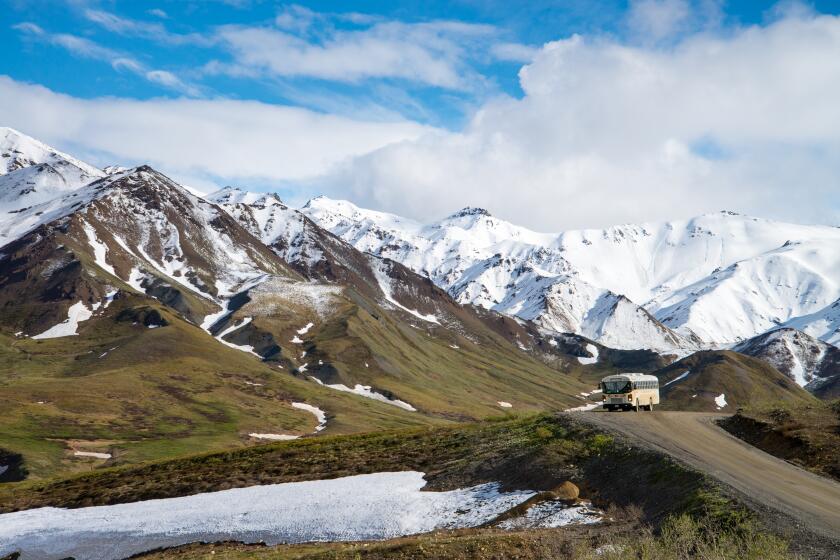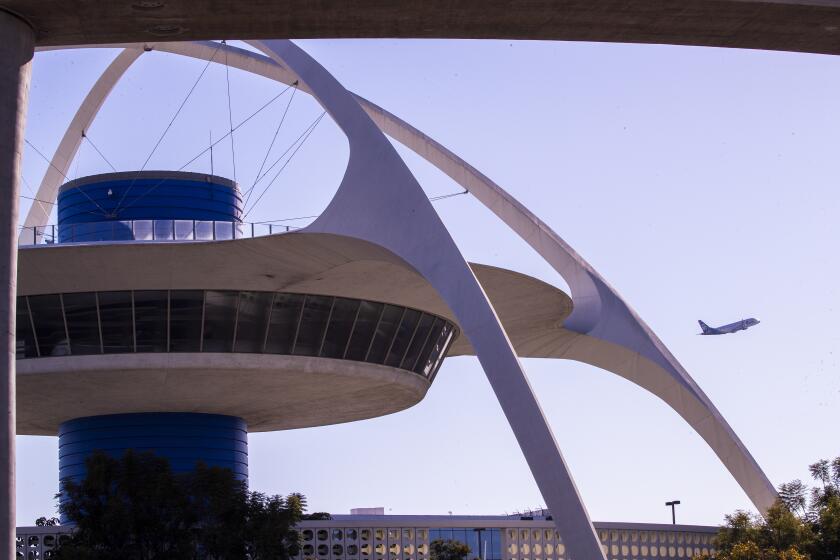Lila Seidman is a reporter focused on California wildlife and the outdoors for the Los Angeles Times. A native Angeleno, she’s endlessly fascinated with the nature in our backyard – and once ate a fish caught in the L.A. River for the sake of a story. Since joining the The Times in 2020, she has investigated mental health policy and jumped on breaking news, completing fellowships with the USC Center for Health Journalism and the Carter Center. Previously, she covered Glendale city politics for Times Community News. She holds a bachelor’s degree from Reed College and a master’s degree from Pepperdine University.
Latest From This Author
The pledge to rename Denali was opposed by environmental groups and Alaskan politicians, including Republican U.S. Sen. Lisa Murkowski.
On Tuesday, Biden signed proclamations designating a monument in Southern California’s desert and another near the Oregon border.
The sole population of Southern California steelhead in the coastal range has survived flames and drought but finds itself facing another threat.
Bolstering his environmental legacy, President Biden plans to sign proclamations creating the Chuckwalla and Sáttítla national monuments in California.
The Oscar-nominated writer, director and producer known for feel-good romantic comedies died Friday after a brief illness, according to his daughter.
Air traffic controllers ordered a chartered flight carrying Gonzaga University men’s basketball team to stop as it neared a runway where another plane was taking off.
The lawsuit marks the latest flashpoint in a heated battle over more than 80 ficus trees slated to be ripped out in an effort to revitalize a commercial district.
Angelenos were reminded of famed urban puma P-22 when a mountain lion was spotted in his old home in L.A. this year, and many worried for his safety.
Federal wildlife officials on Tuesday proposed protecting the striking long-distance migrators under the Endangered Species Act after dramatic population drops.
A new study found mountain lions in the L.A. area are shifting to a later schedule to avoid people, a hopeful coexistence strategy that may have downsides.










